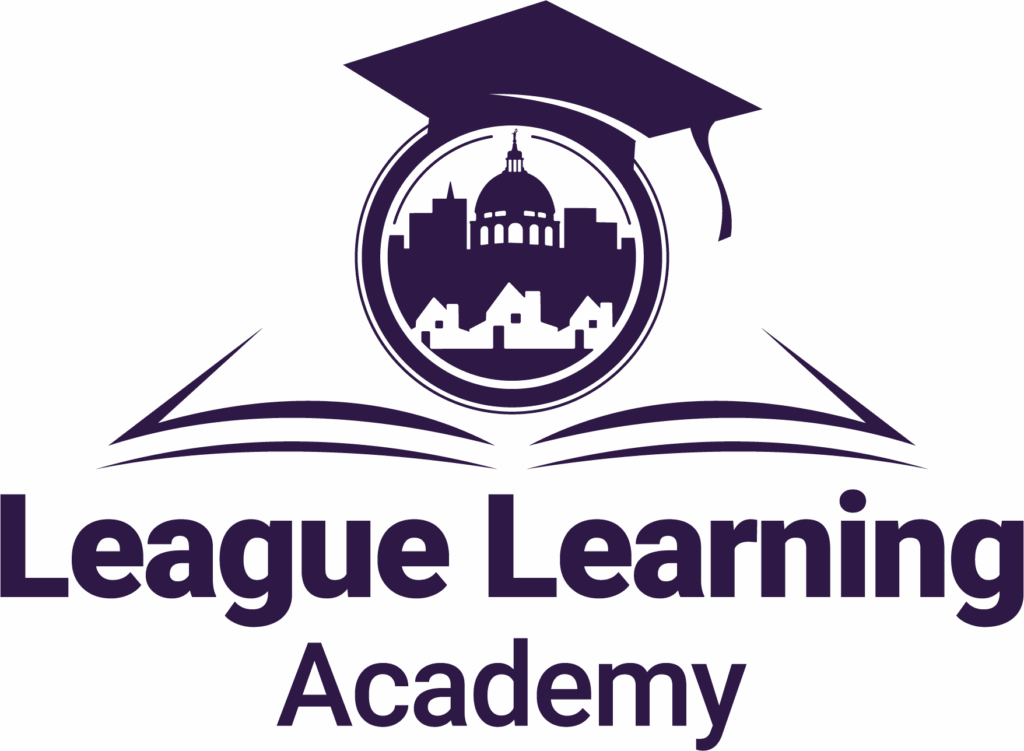
Program Description
The League Learning Academy provides dynamic and accessible training programs tailored for local elected and appointed officials, as well as key municipal staff. The program’s mission is to strengthen municipal leadership, enhance governance practices, and inspire meaningful community engagement.
Through a flexible blend of live online courses, on-demand modules, and interactive webinars, participants gain practical knowledge and skills essential for effective public service. Our curriculum is designed to ensure that municipal leaders are well-prepared to serve their communities with integrity, competence, and excellence.
Values
- Integrity: Uphold the highest standards of honesty and ethical behavior in all training programs and interactions fulling supporting The League’s core values.
- Excellence: Strive for excellence in every aspect of our training, ensuring that local officials receive the best possible education and support.
- Inclusivity: Foster an inclusive environment where all officials, regardless of background, feel welcome and valued.
- Innovation: Continuously seek innovative approaches to training and governance, staying ahead of emerging trends and challenges.
- Accountability: Through the training program, we promote accountability and transparency in governance, ensuring that officials are responsible for their actions and decisions.
- Collaboration: Continuously improve and enhance the training program by collaborating with training advisors, alliances with public entities, organizations, businesses, and educational institutions.
- Empowerment: Provide education that will empower officials with the knowledge, skills, and confidence they need to lead effectively and make positive impacts in their communities.
Goals
- Enhance Essential Knowledge, Skills & Abilities: Provide training that helps local officials at all levels build a solid foundation of governance, enabling them to effectively guide, lead, and support their communities.
- Equip Officials with Innovative Practices and Tools: Enable them to implement new ideas and solutions for effective governance.
- Support Ethical Decision-Making: Emphasize the importance of ethics and accountability in governance, ensuring that officials make decisions that are in the best interest of their communities.
- Facilitate Continuous Learning: Offer ongoing education and professional development opportunities to help officials stay informed about emerging trends and best practices.
- Measure Impact: Regularly assess the effectiveness of training programs and their impact on governance, administration, and operations, using feedback and surveys to make improvements.
- Expand Reach: Increase the accessibility of training programs to a wider range of officials, including those in underserved areas. (online, hybrid, in-person)
Upcoming Events
Newly Elected & Appointed Officials Training
10
Feb
February 10 - February 11
13
Feb
9:00 am - 12:00 pm
18
Feb
9:00 am - 12:00 pm
19
Feb
24
Feb
February 24 - February 25
27
Feb
9:00 am - 12:00 pm
04
Mar
9:00 am - 12:00 pm
13
Mar
9:00 am - 12:00 pm
18
Mar
9:00 am - 12:00 pm
01
Apr
9:00 am - 12:00 pm
07
Apr
April 7 - April 8
15
Apr
9:00 am - 12:00 pm
21
Apr
April 21 - April 22
05
May
9:00 am - 12:00 pm
12
May
May 12 - May 13
Learning Tracks
Contact
717-236-9469, then press 2
LLA@pml.org


